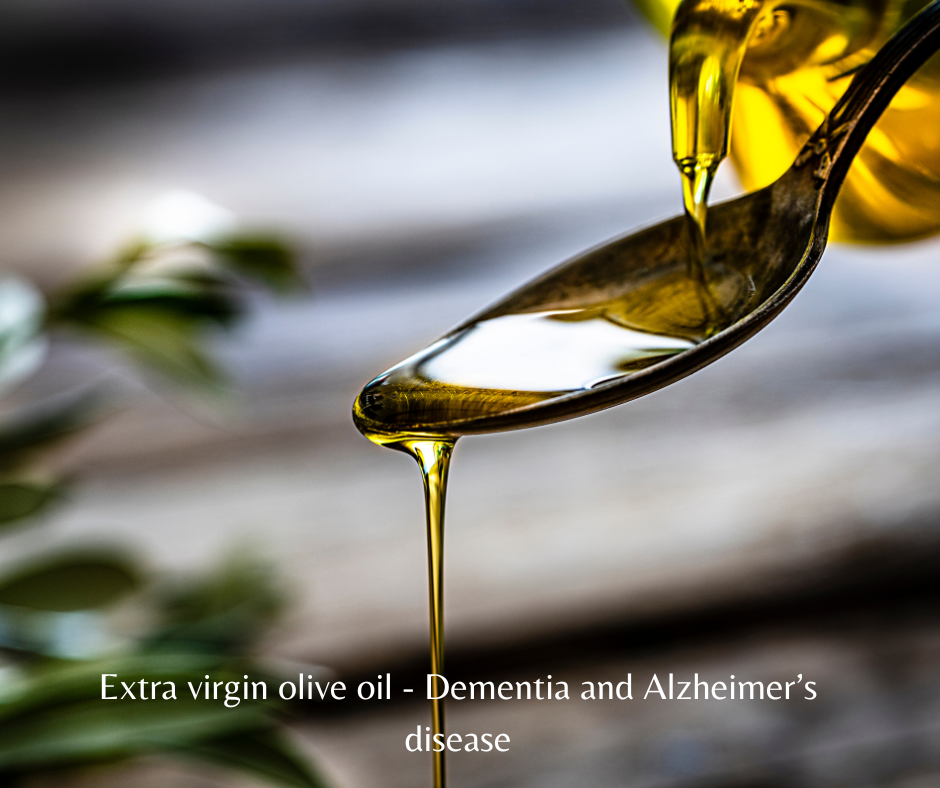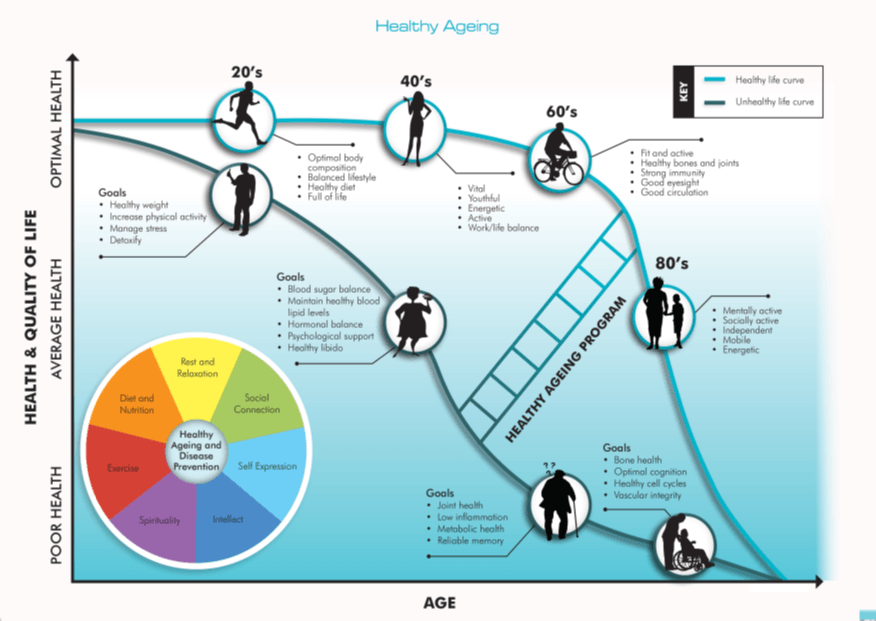Address: 16 Lemongrove Road Penrith NSW 2750
ABN: 56 189 632 055
Dementia and Alzheimer’s Disease

Dementia and Alzheimer’s Disease
According to Dementia Australia, dementia is the second leading cause of death of all Australians. Provisional data suggests that dementia will soon be the leading cause of death.
It is also the leading cause of death for Australian women.
In 2020-2021, 3.7 billion dollars of Australia’s Aged and health care expenditure was spent directly on dementia.
This year, 2024, it is estimated that more than 421,000 Australians live with dementia and there are 29,000 people living with early onset dementia, this is people in their 30s to 50’s.
More than 1.6 million people are involved in the care of someone living with dementia.
2 in 3 people with dementia are living within the community.
According to the AIHW, (Australian Institute Of health Welfare) , most staggeringly is the statistic that two thirds, i.e. 68.1% of aged care residents have moderate to severe cognitive impairment.
It is most common in people over the age of 65.
There are also many types of dementia including Alzheimer’s, vascular dementia, and frontotemporal dementia.
Dementia causes a progressive decline in a persons’ functioning.
Symptoms of loss of memory, intellect, rationality, social skills and physical functioning.
What are the symptoms of dementia?
According to Australian Institute of Health and Welfare they can be varied. The Neuropsychiatric Inventory (NPI) is the primary measure within clinical settings in Australia. It assesses a wide range of behaviours, rating severity, frequency, and carer distress for 12 domains. These include:
Delusions: an example of this is people are trying to steal from them or are trying to hurt them.
Irritability/lability: where a client is irritated or easily disturbed, changeable moods or abnormal impatience.
Hallucinations, false visions, or hearing voices
Agitation and aggression: they can refuse to cooperate or won’t let people assist or help them.
Depression and anxiety: nervous worried and agitated or sad and down
Euphoric: can feel abnormally good, an exaggerated mood or finds things to be funny that others do not.
Apathy: loss of interest in the world around them, noticeable indifference where once was not.
Disinhibited: impulsivity without thinking, abnormal for that person
Aberrant motor activity:
pacing, repetitive behaviours
Nighttime behavioural disturbances- difficulty sleeping, wandering around at nighttime.
Appetite and eating abnormalities- changes in weight, appetite or eating habits and changes in food preferences.
If a loved one is presenting with these it may be best to discuss this with a GP and further investigations with a geriatrician can be arranged for further assessment.
It is scary for people to live with these symptoms and incredibly hard on family and friends to witness a loved one’s decline.
Currently the best option is prevention.
There are multiple interesting studies to show that there are some lifestyle and dietary suggestions that we could implement according to the research.
A new 2024 paper focusing on the Mediterranean diet and its high extra virgin olive oil ingestion, which is high in phenolic compounds, has been shown to reduce the risk of developing mild cognitive impairment and Alzheimer’s disease.
Given the therapeutic activity of extra virgin olive oil and its anti-inflammatory, action, reducing cell damage to tissue through reducing reactive oxygen species which cause high cellular damage and protecting neuronal cells(nerve) from oxidative cell damage, reducing inflammatory cytokines (chemicals our body produces) to name a few of the pathways, it is easy to see why this may be a good therapeutic food addition.
Some compounds from olive oil have neuroprotective qualities. Given that dementia starts before you can see the symptoms it is imperative to address this as we increase in age towards 65 years old. To be able to consider the possible health decline is valuable to prevent cognitive decline as it seems quite insidious.
There is also research into the microbiota (the bugs in our gut) and specific bacteria that are inflammatory in our gut. This research is great as it provides further information about the complexity of dementia and Alzheimer’s. It is not only multiple diets that are being investigated but also individualised nutrients as well. Diet, seen to be a modifiable environmental factor that can change the diversity and specificity of microbes in the gut and provides interesting insight and warrants further investigations to discover more information.
In another study, according to Tessier et al (2024) they studied 92 383 participants, 60.6% were women and the mean age was 56.4years. During 28 year follow up, 4751 dementia related deaths occurred. Individuals who were known to have the gene- homozygous for the apolipoprotein (APOE4 allele were 50 to 9 times more likely to die with dementia.
Consuming at least 7 grams /day ie. around 8ml of olive oil was associated with a 28% lower risk of dementia related death compared to those with never or rarely consuming olive oil.
This is a significant effect given how easily we can implement extra olive oil into our diets!
So how do we implement more olive oil into our diets?
As you can see a wholistic approach to dementia will be favourable given the multiple areas of research and their findings. Previous research has focused on ketogenic diet, specific nutrients, olive oil and other phenolic compounds.
There is much you can do to maintain good brain health and extra virgin olive oil is one component to look at. Please check in with your healthcare providers as not everything is good for everyone. We individualise your health goals, just for you, as your genetic history, family history, environmental factors, diet and lifestyle all together make us individuals with individual health needs and requirements.
References
Alkhalifa, A. E., Al-Ghraiybah, N. F., & Kaddoumi, A. (2024). Extra-Virgin Olive Oil in Alzheimer’s Disease: A Comprehensive Review of Cellular, Animal, and Clinical Studies. International Journal of Molecular Sciences, 25(3), 1914–1914. https://doi.org/10.3390/ijms25031914
Australian Institute of Health and Welfare. (2021). Dementia in Australia. Australian Institute of Health and Welfare. https://www.aihw.gov.au/reports/dementia/dementia-in-aus/contents/about
Chu, C.-Q., Yu, L., Qi, G., Mi, Y.-S., Wu, W.-Q., Lee, Y., Zhai, Q.-X., Tian, F.-W., & Chen, W. (2022). Can dietary patterns prevent cognitive impairment and reduce Alzheimer’s disease risk: Exploring the underlying mechanisms of effects. Neuroscience & Biobehavioral Reviews, 135, 104556. https://doi.org/10.1016/j.neubiorev.2022.104556
Lauretti, E., Iuliano, L., & Praticò, D. (2021, January 1). Chapter 34 - Extra-virgin olive oil, cognition and brain health (V. R. Preedy & R. R. Watson, Eds.). ScienceDirect; Academic Press. https://www.sciencedirect.com/science/article/abs/pii/B9780128195284000183
Mazza, E., Fava, A., Ferro, Y., Rotundo, S., Romeo, S., Bosco, D., Pujia, A., & Montalcini, T. (2018). Effect of the replacement of dietary vegetable oils with a low dose of extravirgin olive oil in the Mediterranean Diet on cognitive functions in the elderly. Journal of Translational Medicine, 16(1). https://doi.org/10.1186/s12967-018-1386-x
Stefaniak, O., Dobrzyńska, M., Drzymała-Czyż, S., & Przysławski, J. (2022). Diet in the Prevention of Alzheimer’s Disease: Current Knowledge and Future Research Requirements. Nutrients, 14(21), 4564. https://doi.org/10.3390/nu14214564
Tessier, A.-J., Cortese, M., Yuan, C., Kjetil Bjornevik, Ascherio, A., Wang, D. D., Chavarro, J. E., Stampfer, M. J., Hu, F. B., Willett, W. C., & Guasch-Ferré, M. (2024). Consumption of Olive Oil and Diet Quality and Risk of Dementia-Related Death. JAMA Network Open, 7(5), e2410021–e2410021. https://doi.org/10.1001/jamanetworkopen.2024.10021











★★★★★
I can highly recommend seeing John for a natural health review. I was feeling overwhelmed, on edge, moody and really tired. Also my monthly cycle was causing me trouble. After treating my poor health with herbal medicine prescribed by John i'm able to function so much better and felt results within the first 2-3 weeks. 1 year on and i'm so grateful for his experience and knowledge in treating the issue i once was suffering from daily.
-Samantha B.
Button
★★★★★
I have been seeing John for over a year now for my chronic acid reflux issue and the herbal medicines prescribed by him have kept the issue well under control. I have also seen him for a few other issues and they have been addressed with the medicines.
My wife has also consulted him for her chronic head ache which have again reduced a lot compared to how it was before the visit.
You can trust John and his medicines. The medicines have almost zero to actually zero side effects. We can't go much wrong by giving a try.
-Athique H.
Button
★★★★★
Very Friendly and helping staff
I'm seeing positive results from treatment
Highly recommended
-Darren C.
Button

★★★★★
I can highly recommend seeing John for a natural health review. I was feeling overwhelmed, on edge, moody and really tired. Also my monthly cycle was causing me trouble. After treating my poor health with herbal medicine prescribed by John i'm able to function so much better and felt results within the first 2-3 weeks. 1 year on and i'm so grateful for his experience and knowledge in treating the issue i once was suffering from daily.
-Samantha B.
Button
★★★★★
I have been seeing John for over a year now for my chronic acid reflux issue and the herbal medicines prescribed by him have kept the issue well under control. I have also seen him for a few other issues and they have been addressed with the medicines.
My wife has also consulted him for her chronic head ache which have again reduced a lot compared to how it was before the visit.
You can trust John and his medicines. The medicines have almost zero to actually zero side effects. We can't go much wrong by giving a try.
-Athique H.
Button
★★★★★
Very Friendly and helping staff
I'm seeing positive results from treatment
Highly recommended
-Darren C.
Button
CONTACT INFORMATION
Phone: (02) 4721 3198
Address: 16 Lemongrove Road, Penrith NSW 2750
ABN: 56 189 632 055
CLINIC HOURS:
- Mon - Fri
- -
- Sat - Sun
- Closed
PAYMENT OPTIONS





